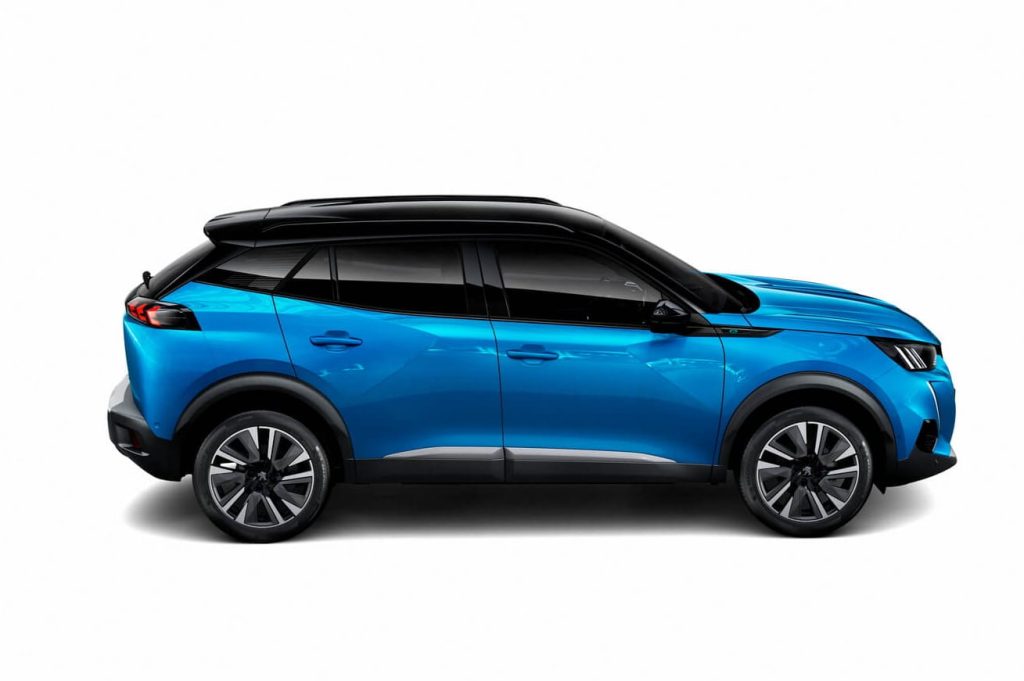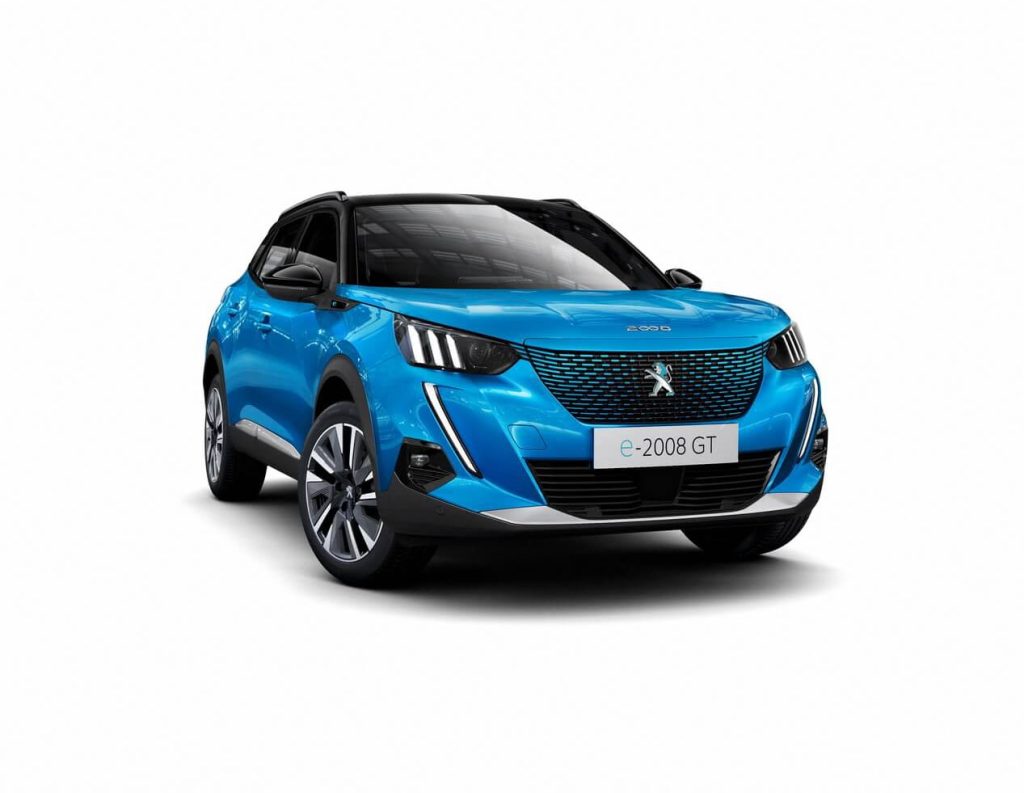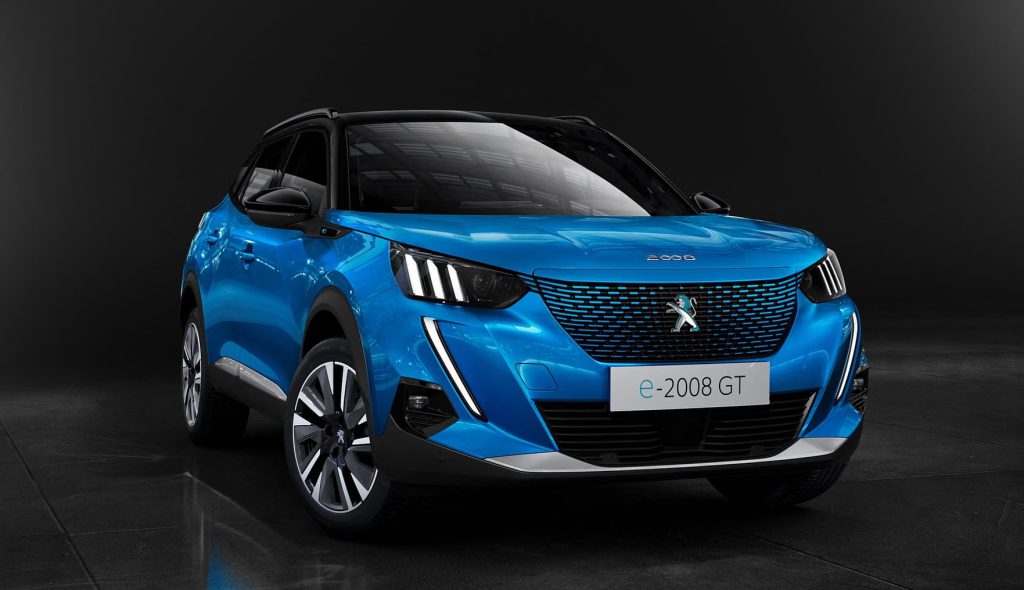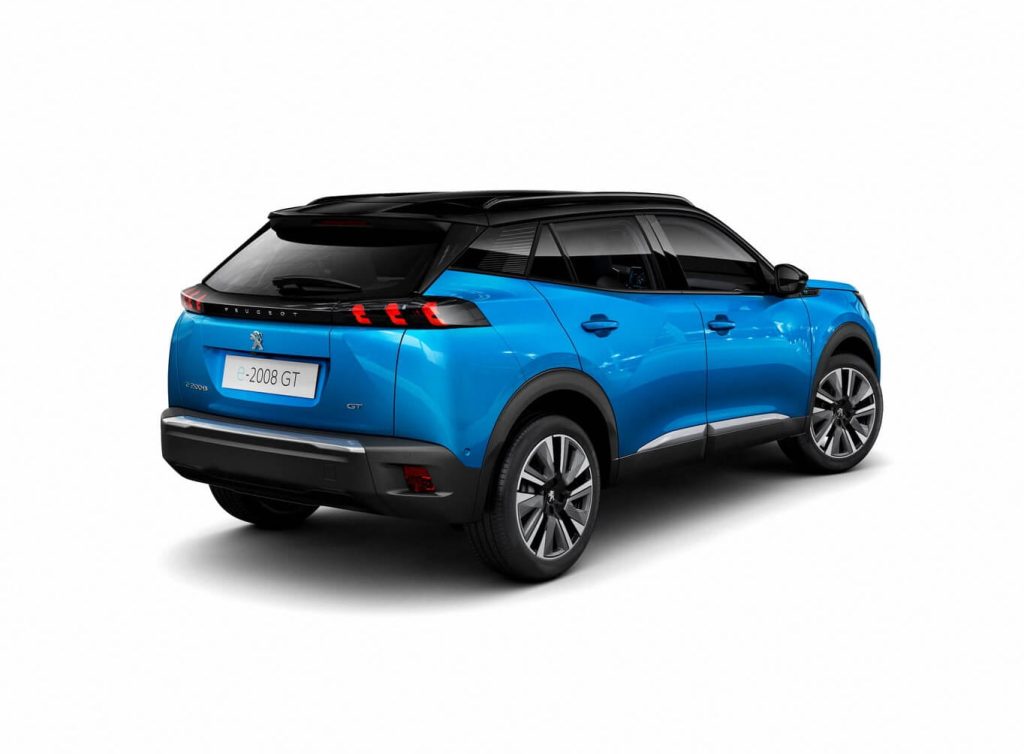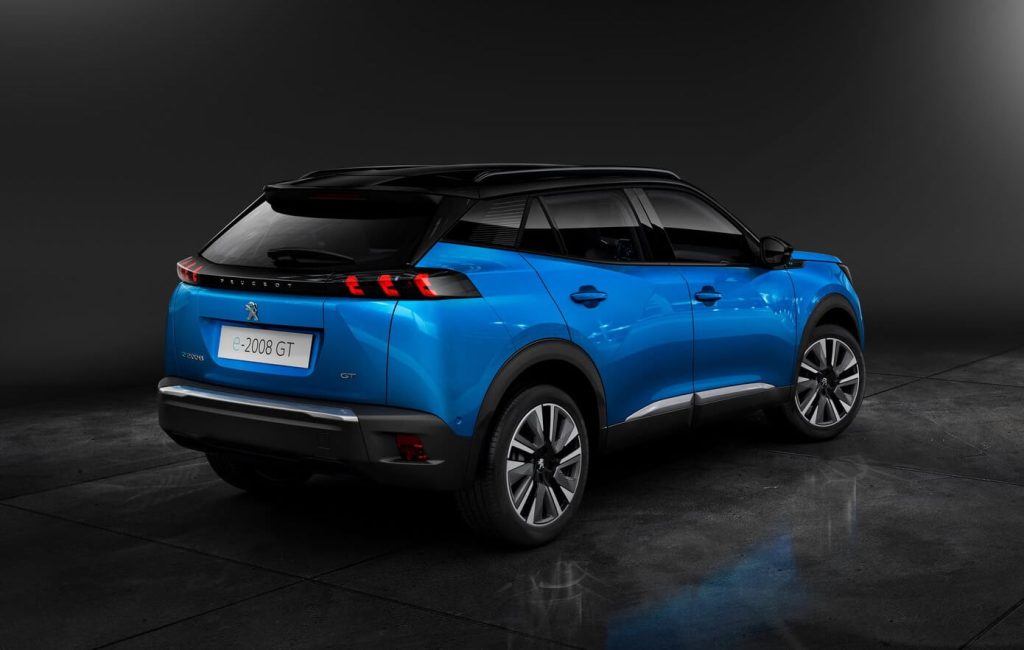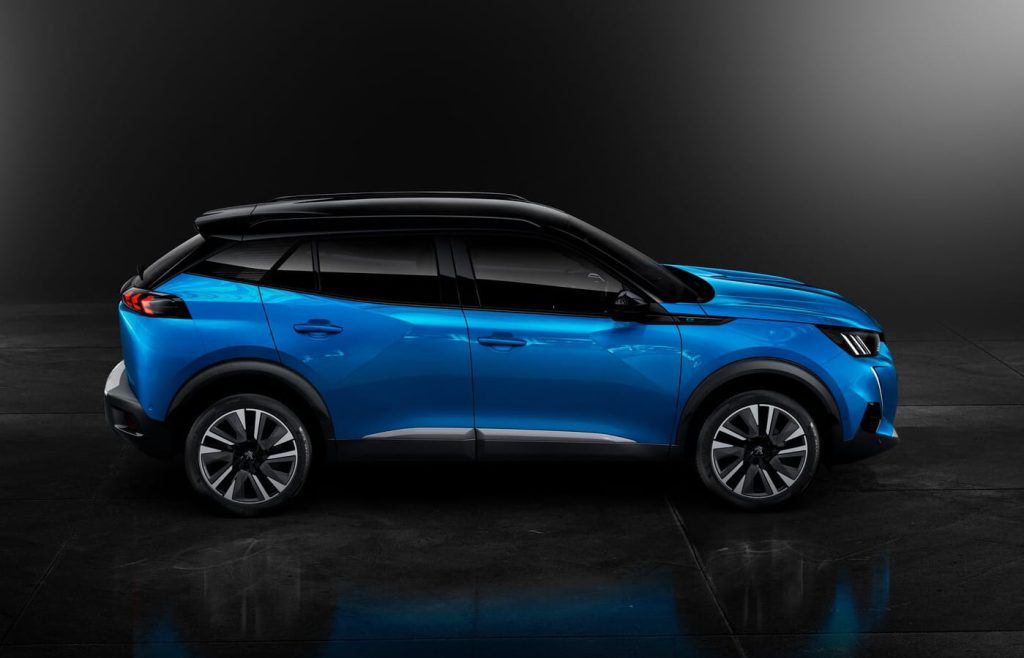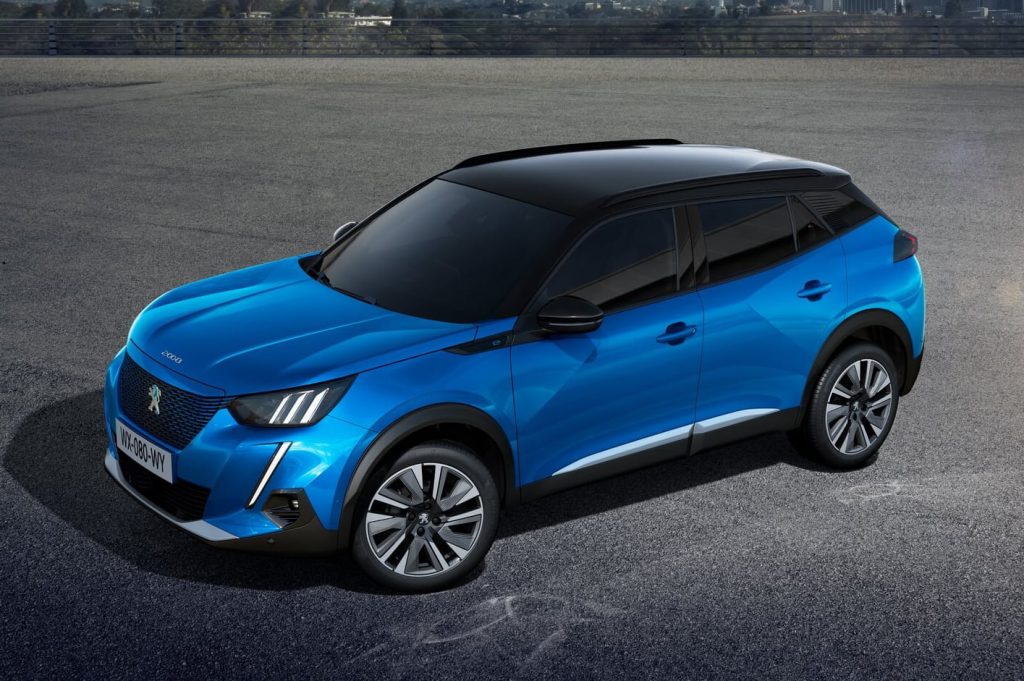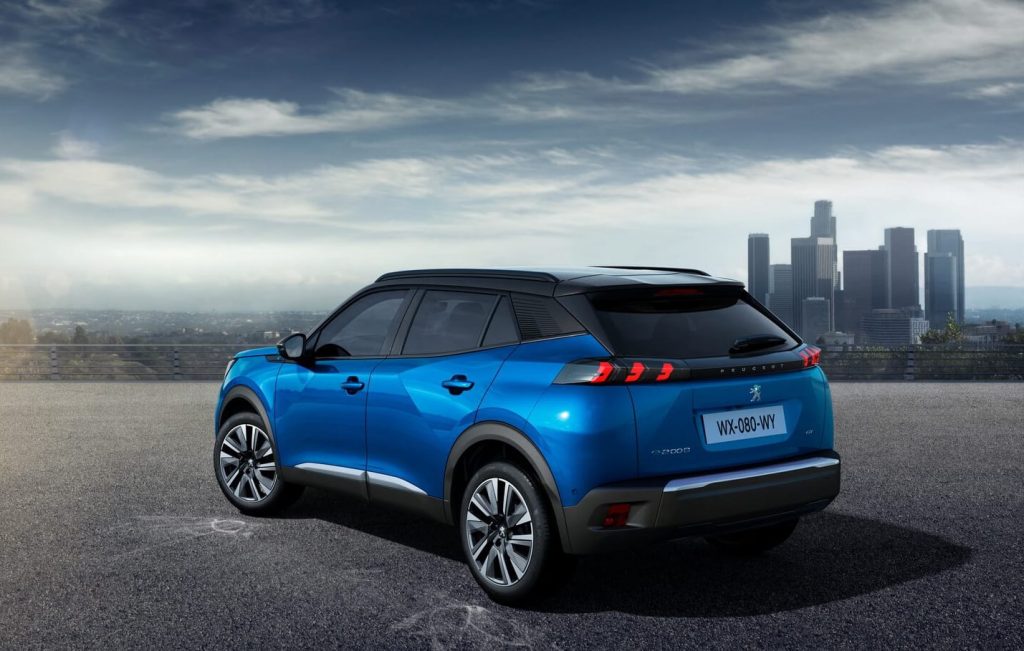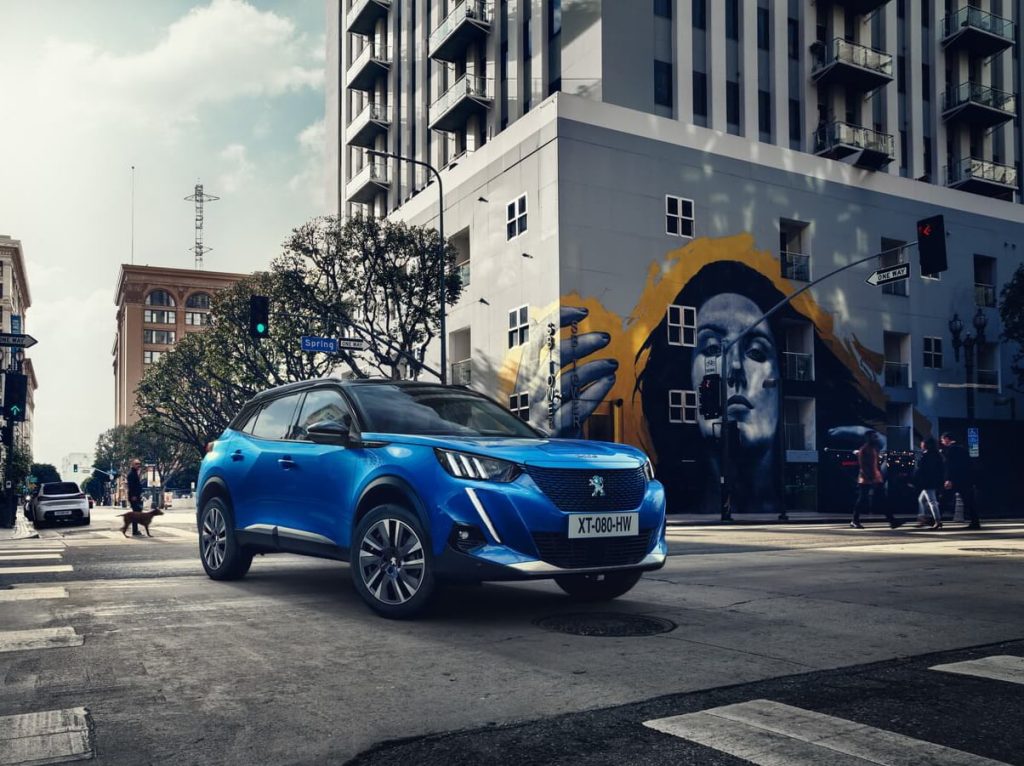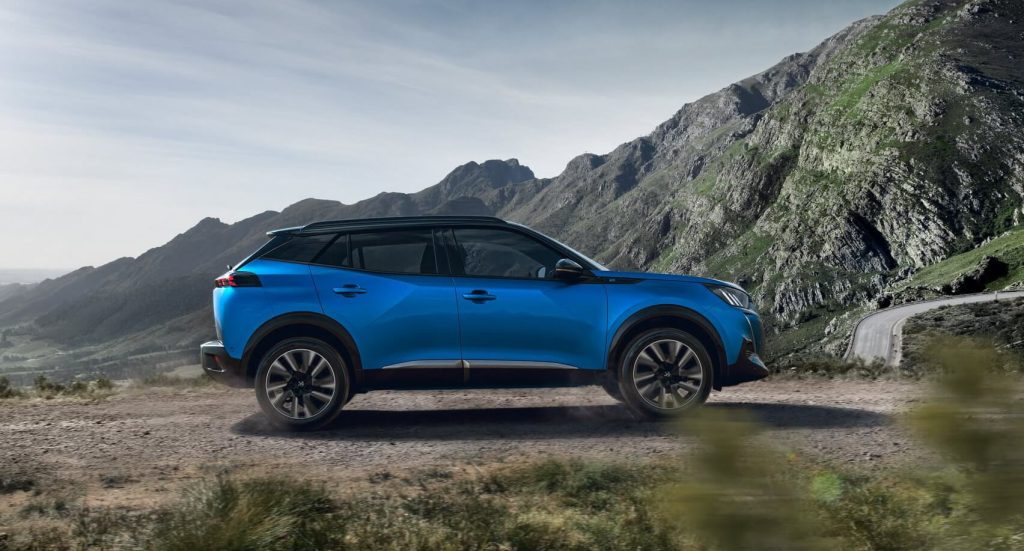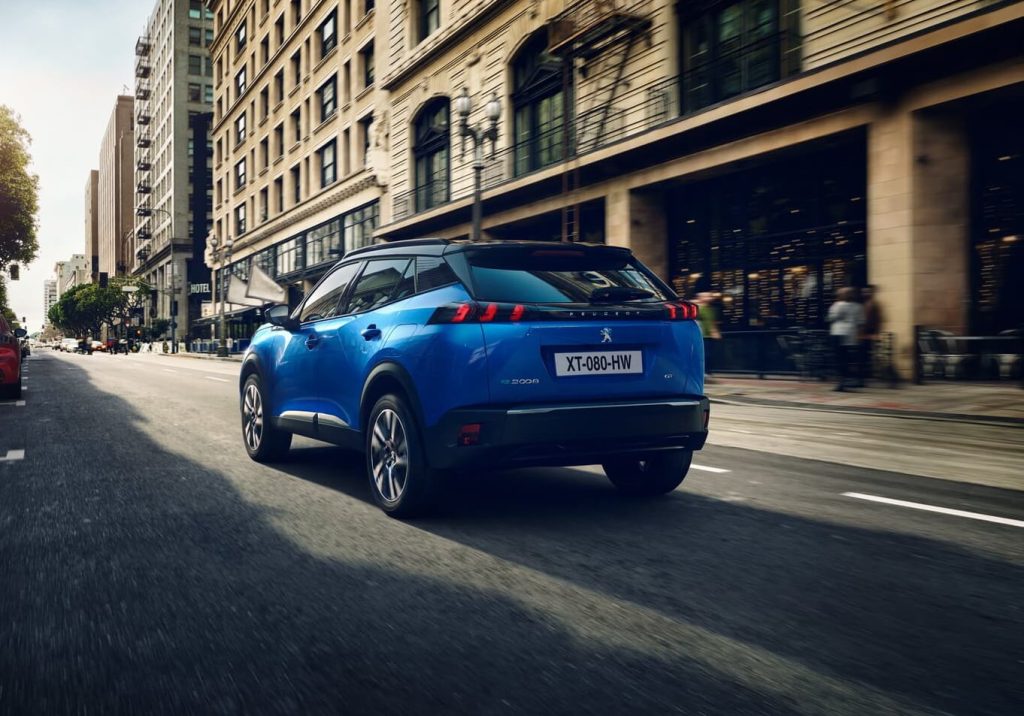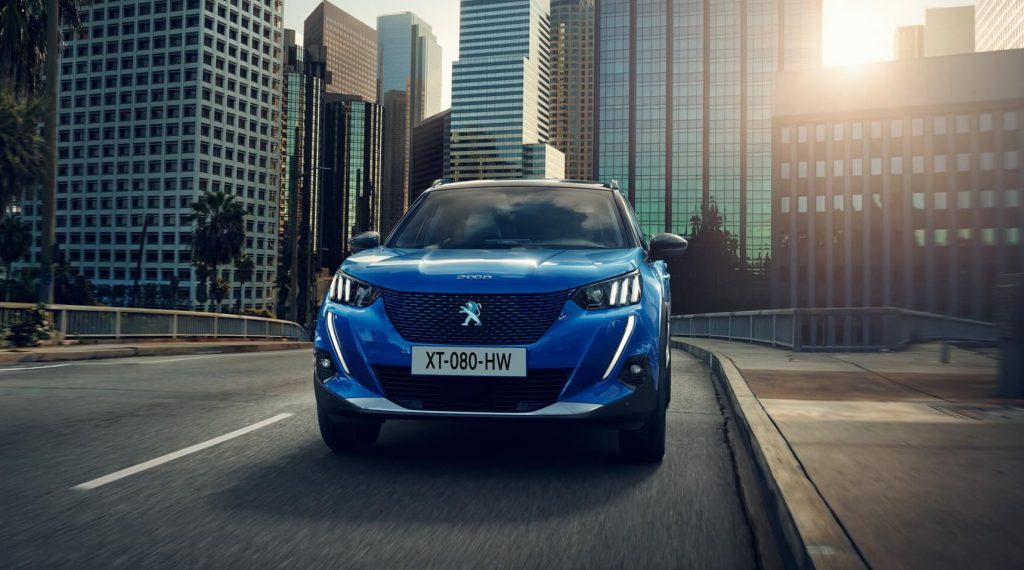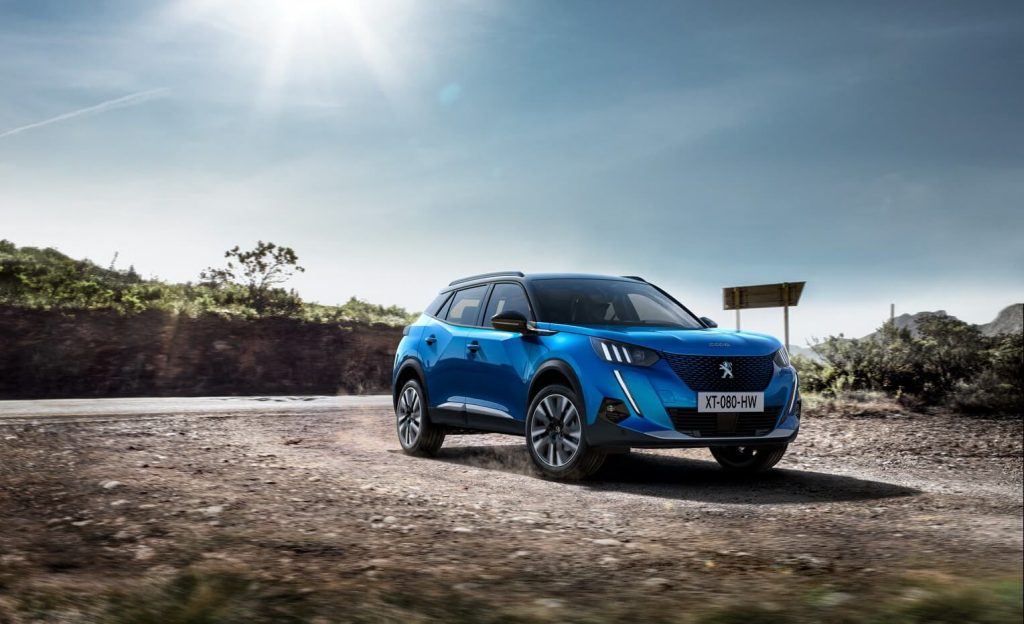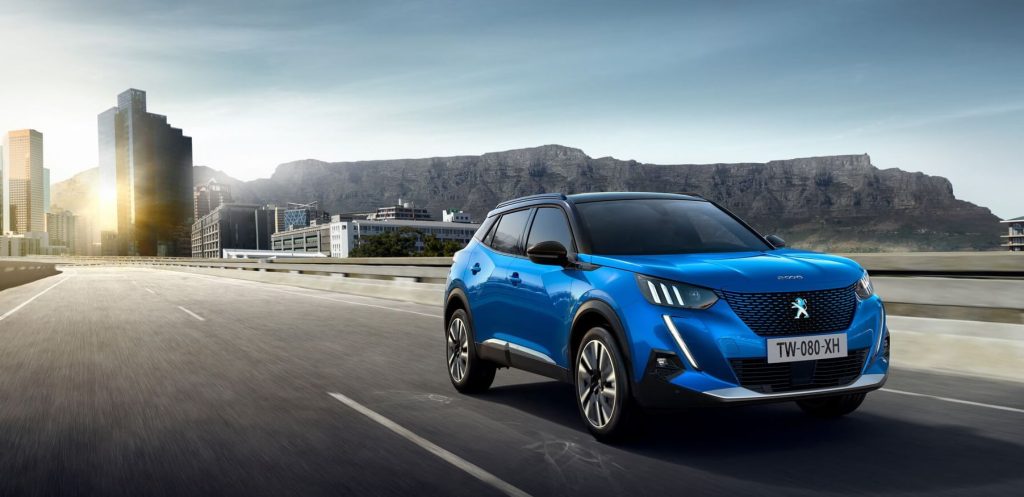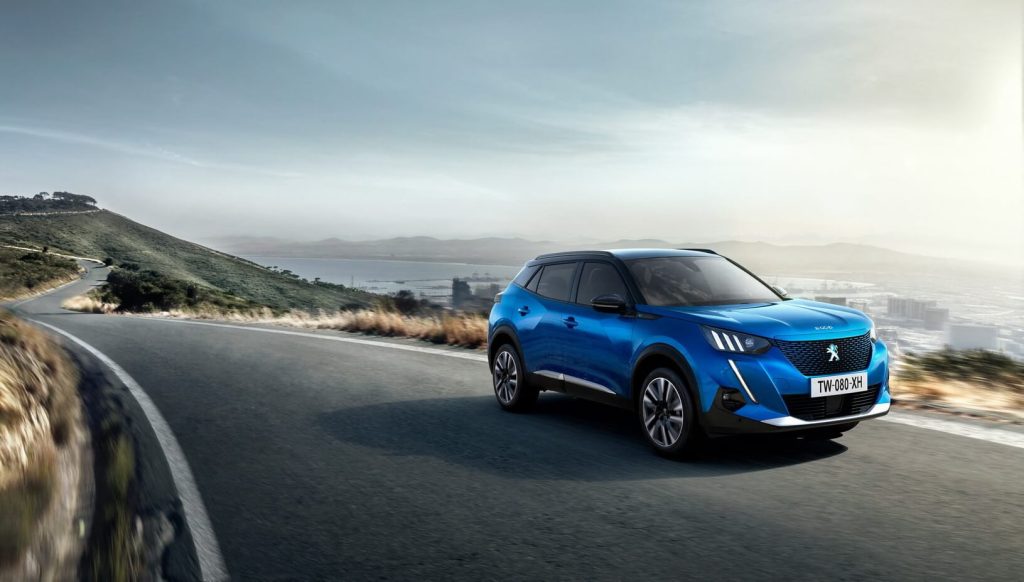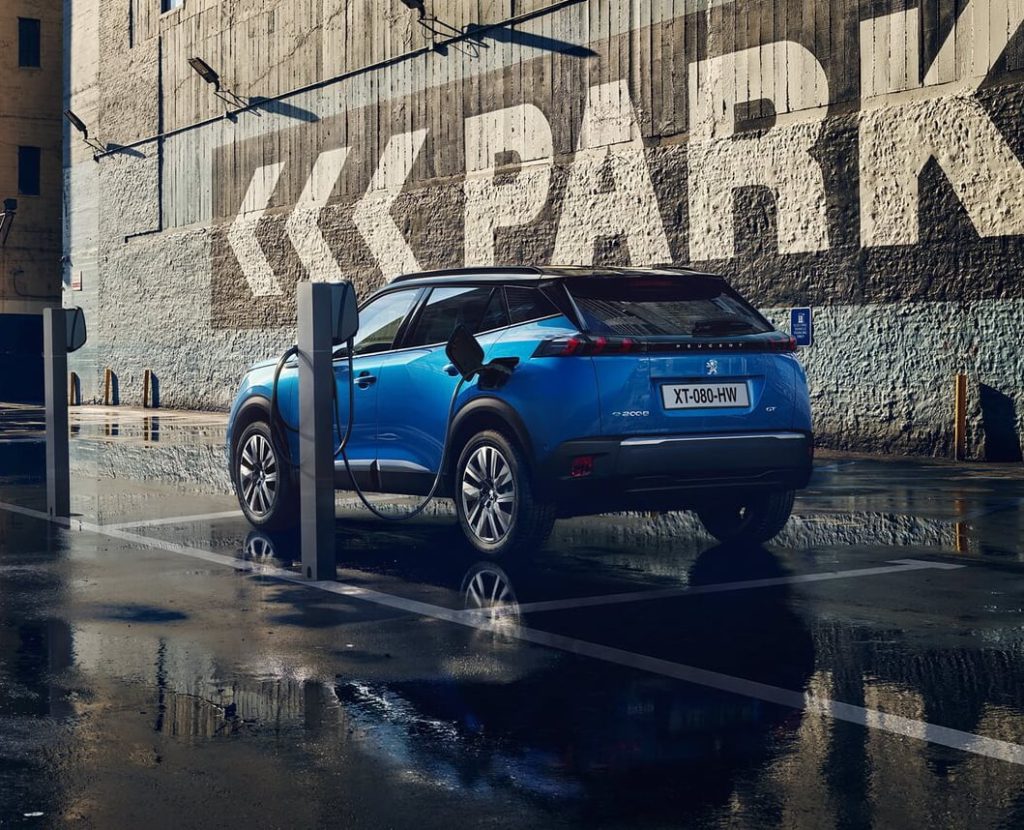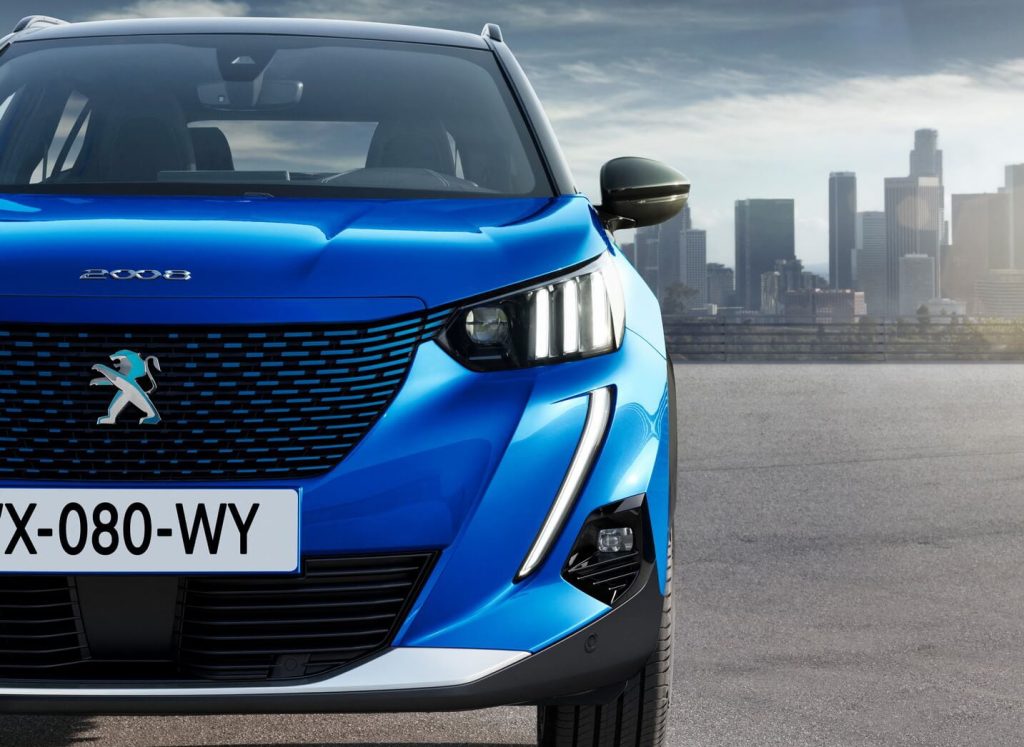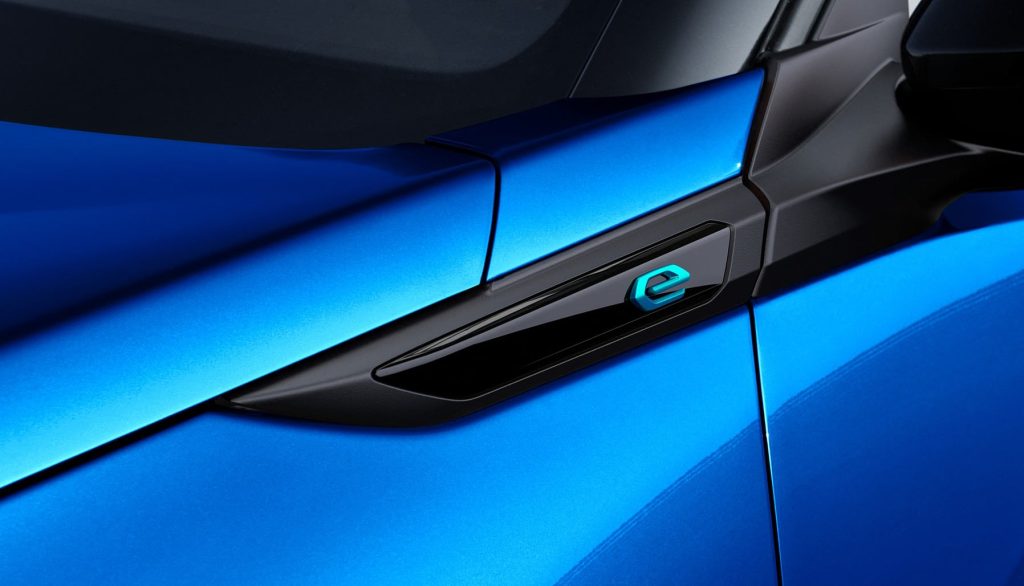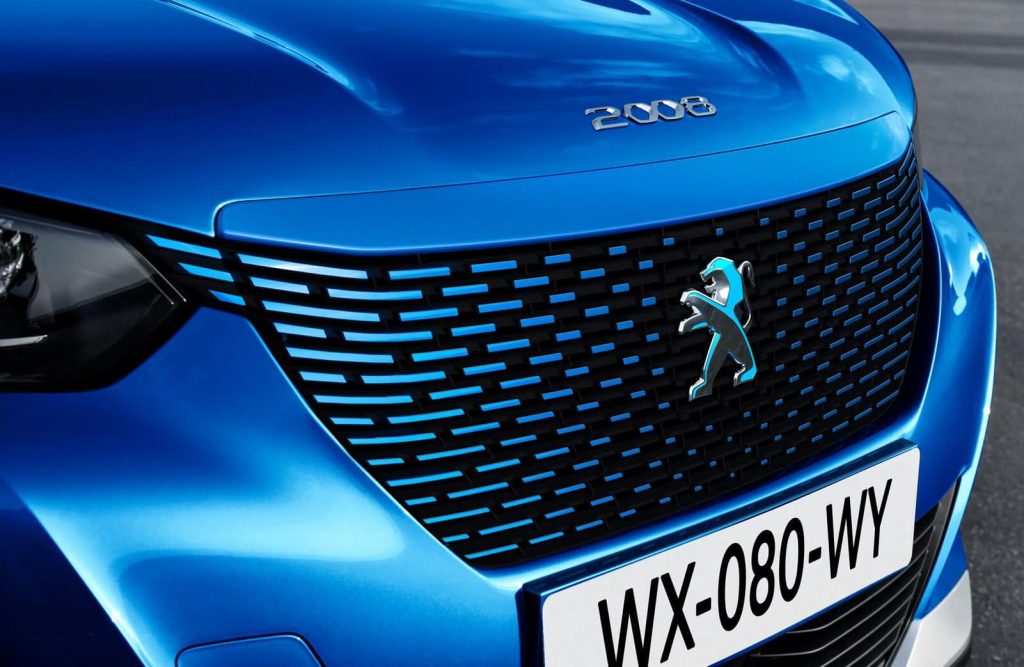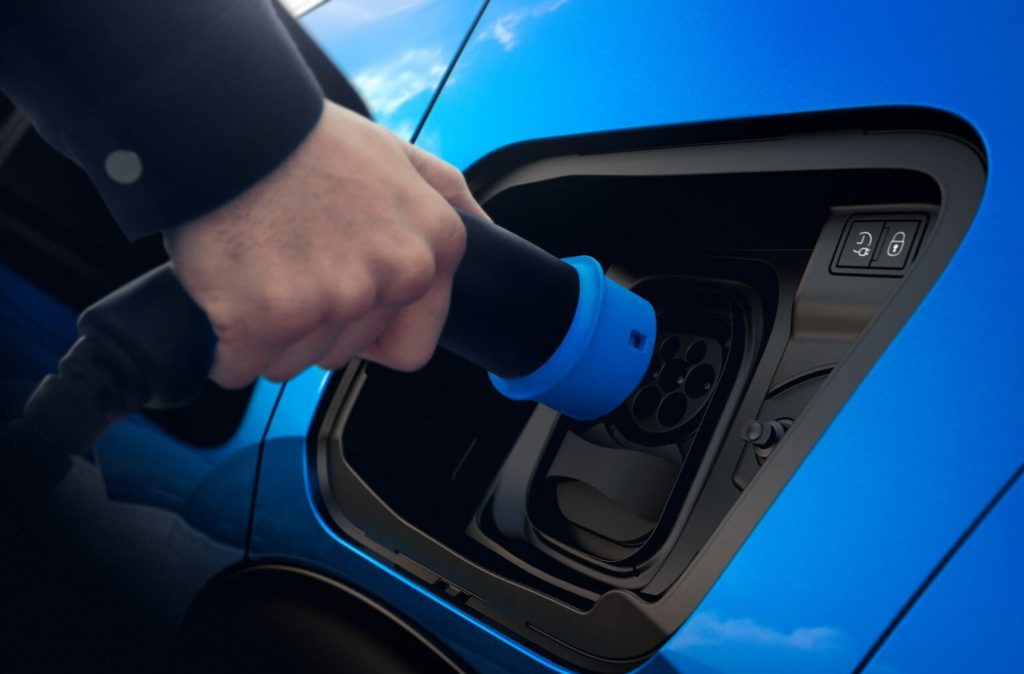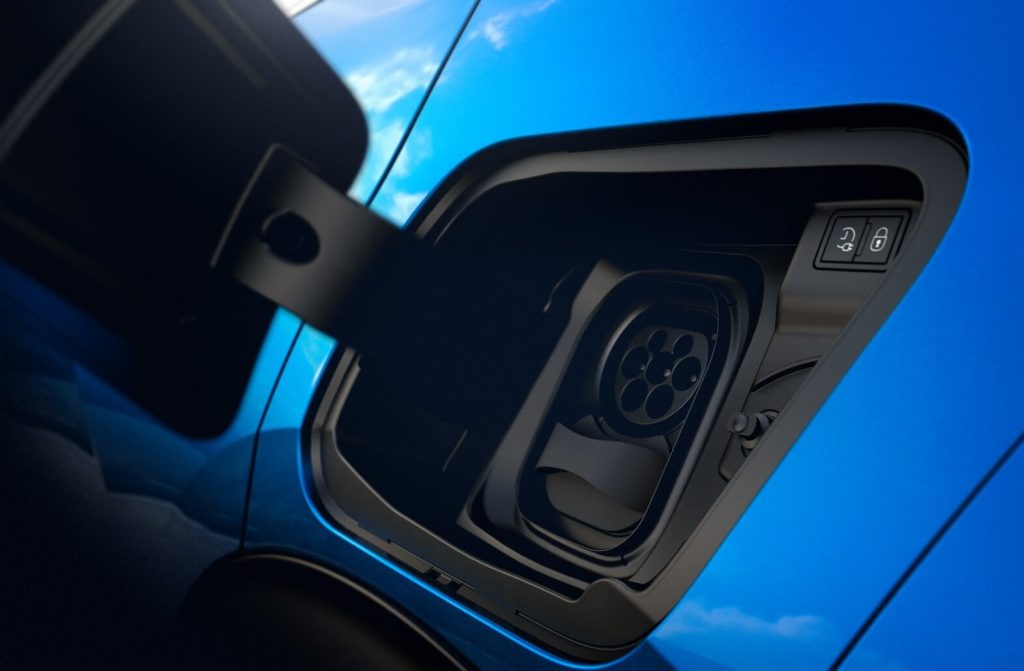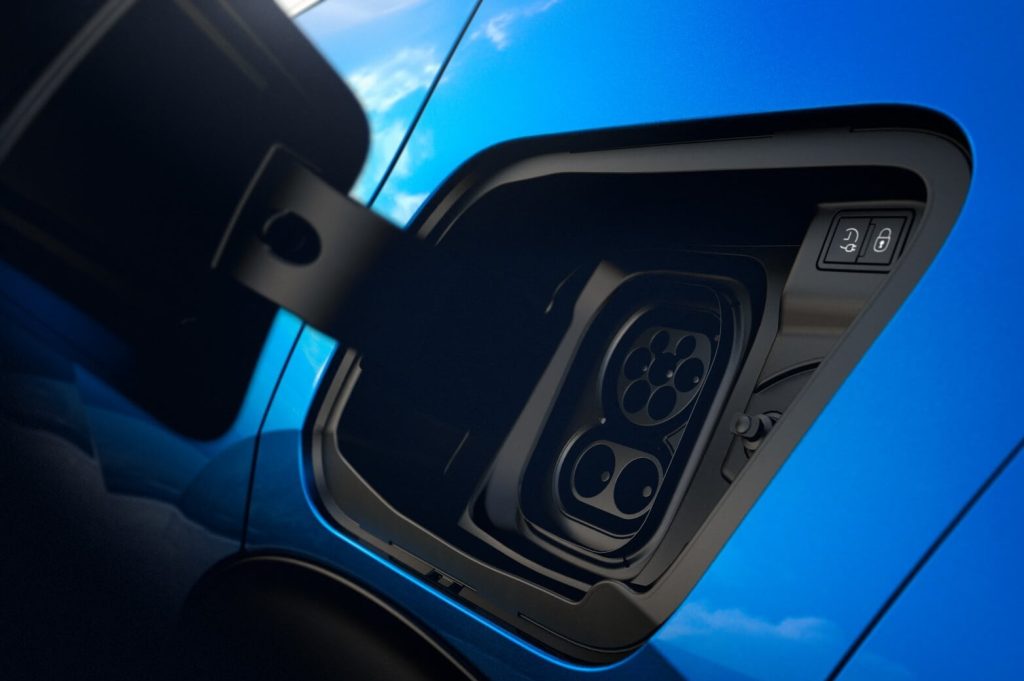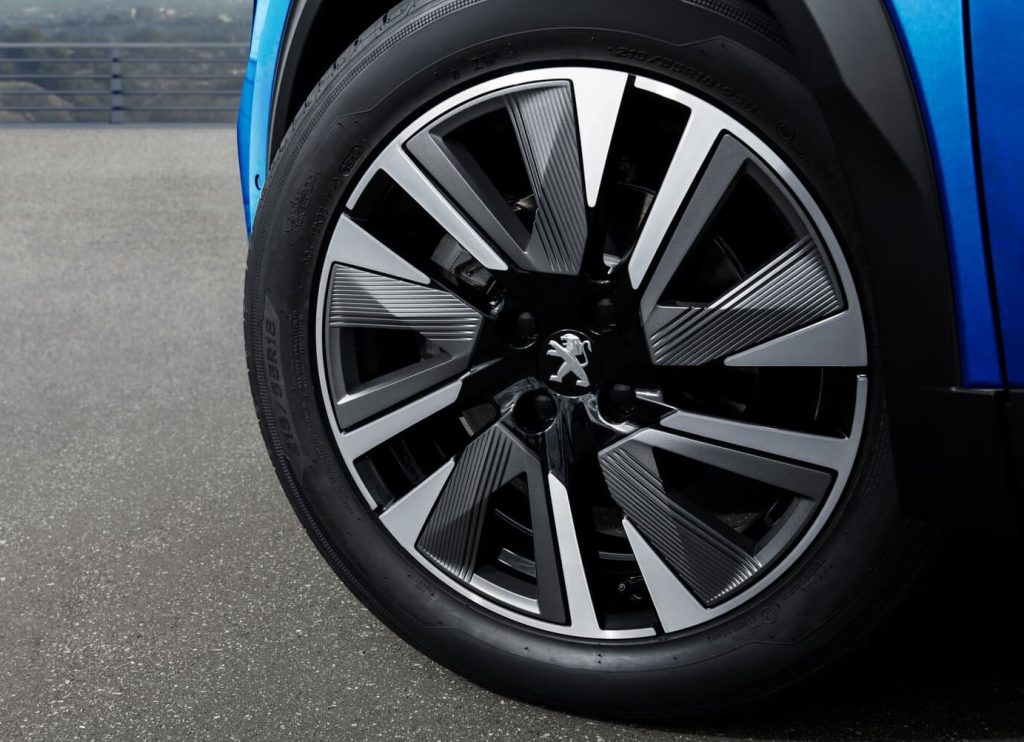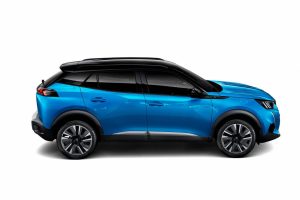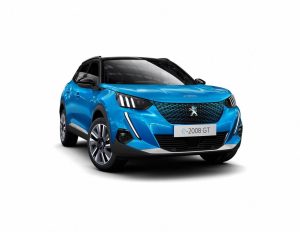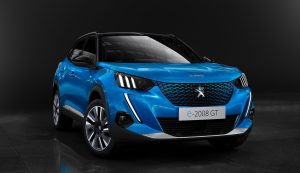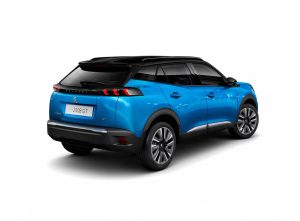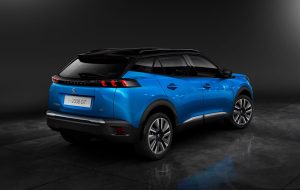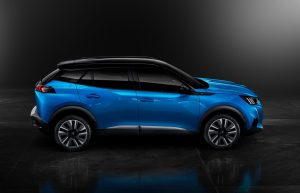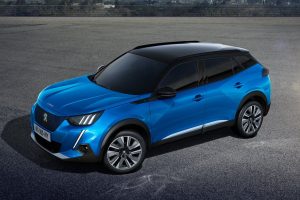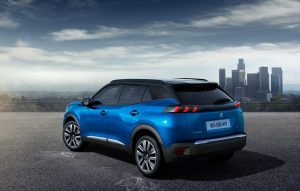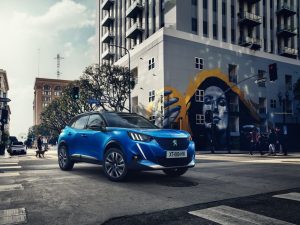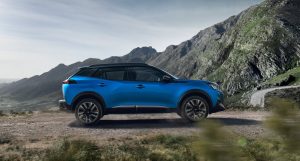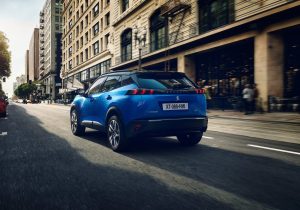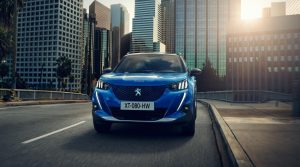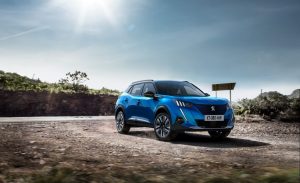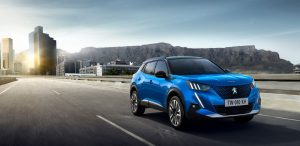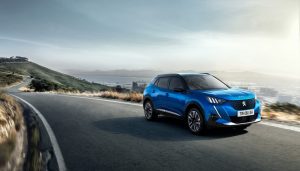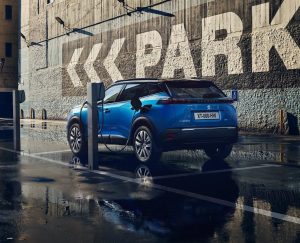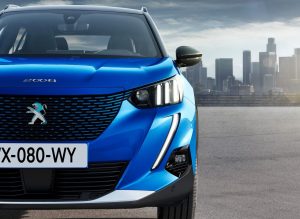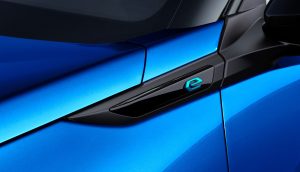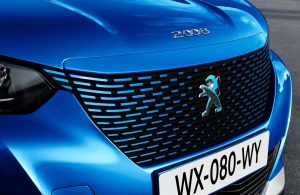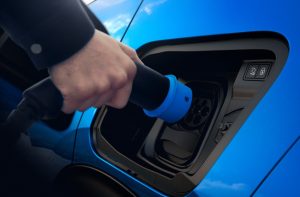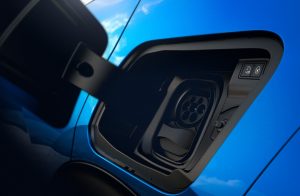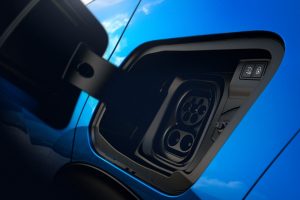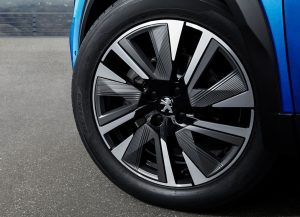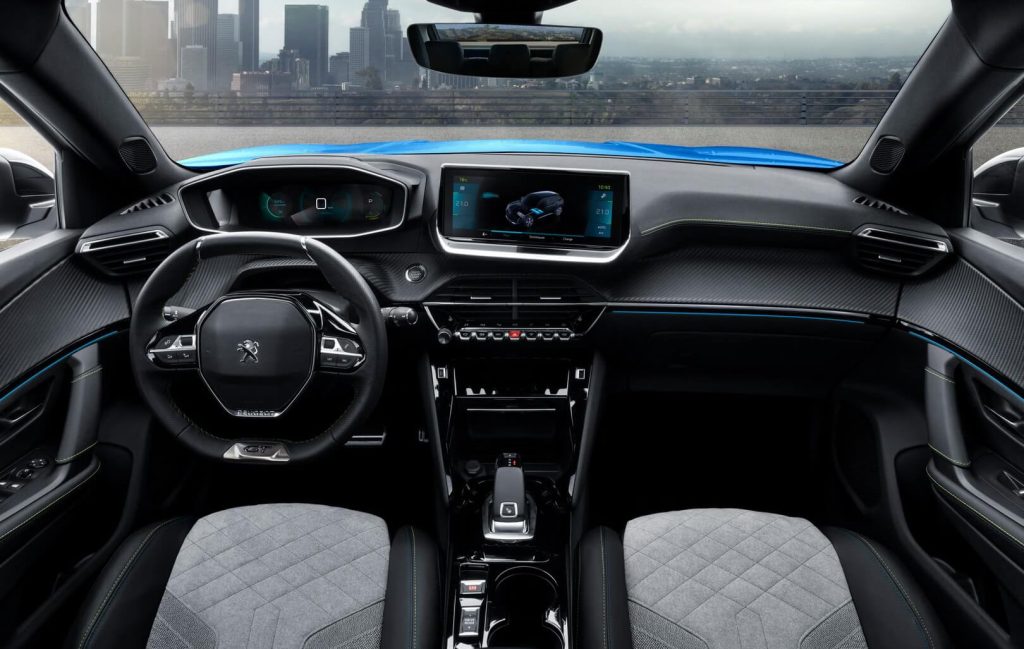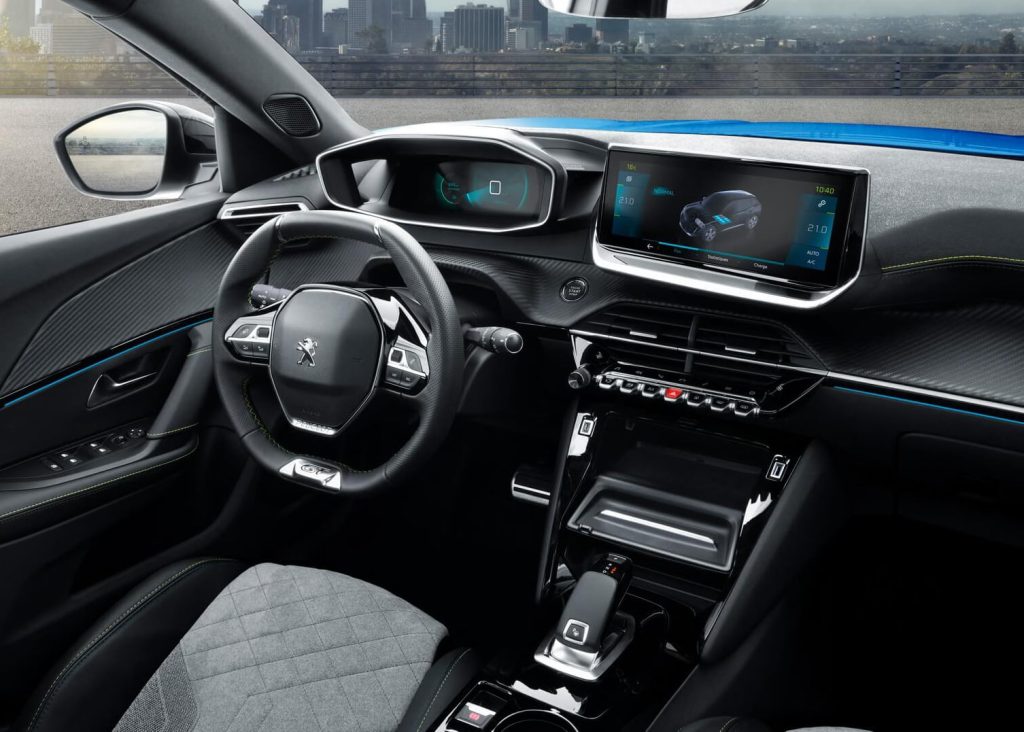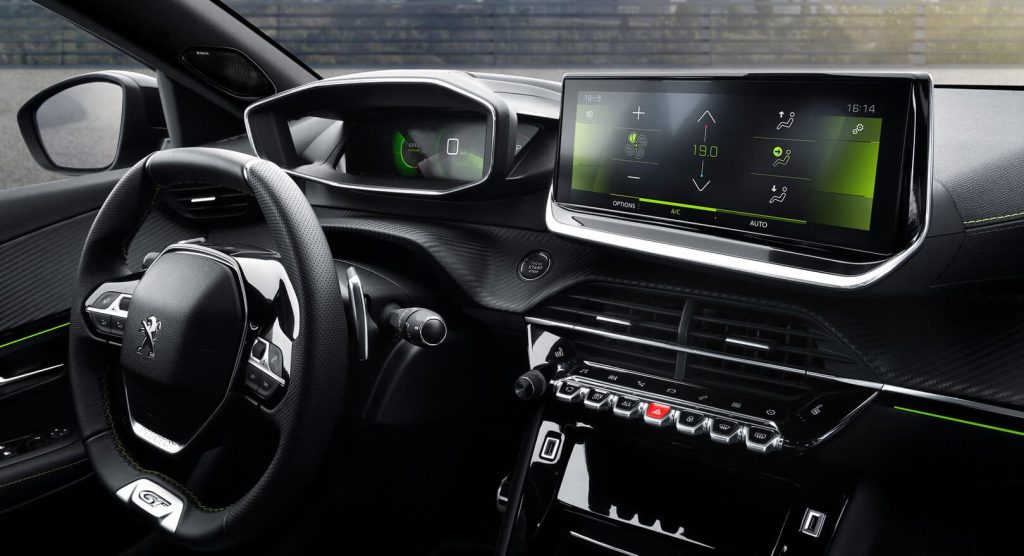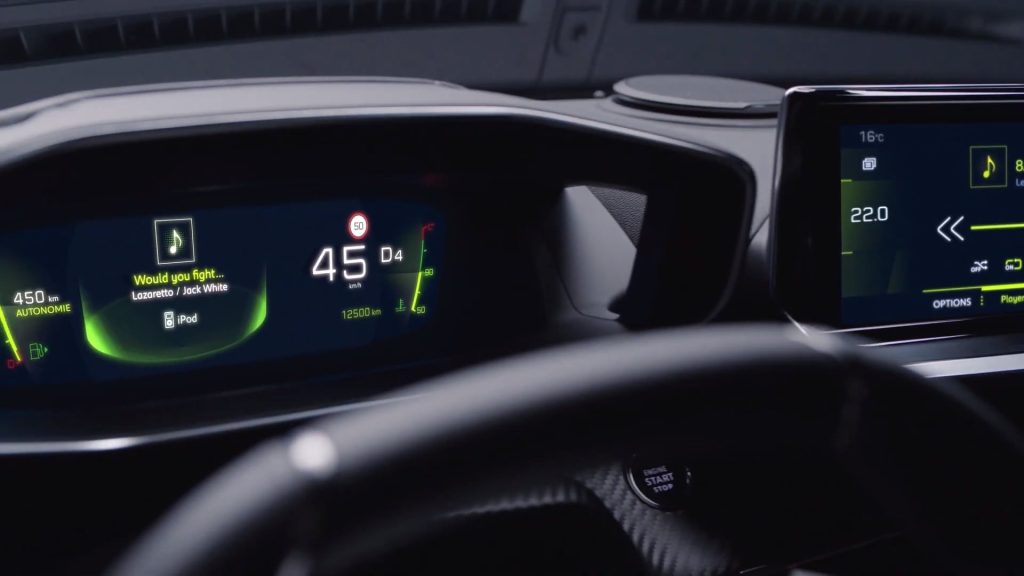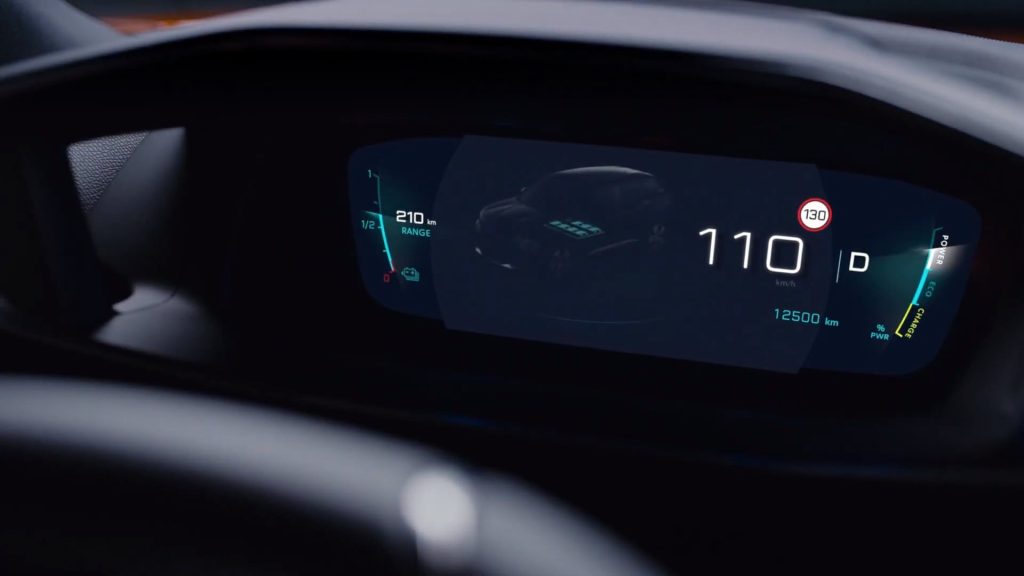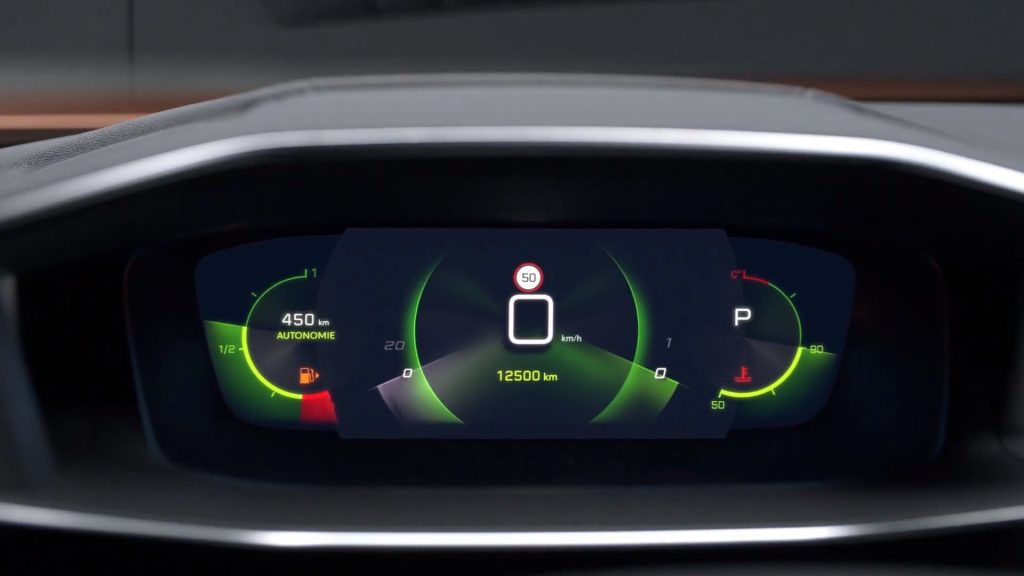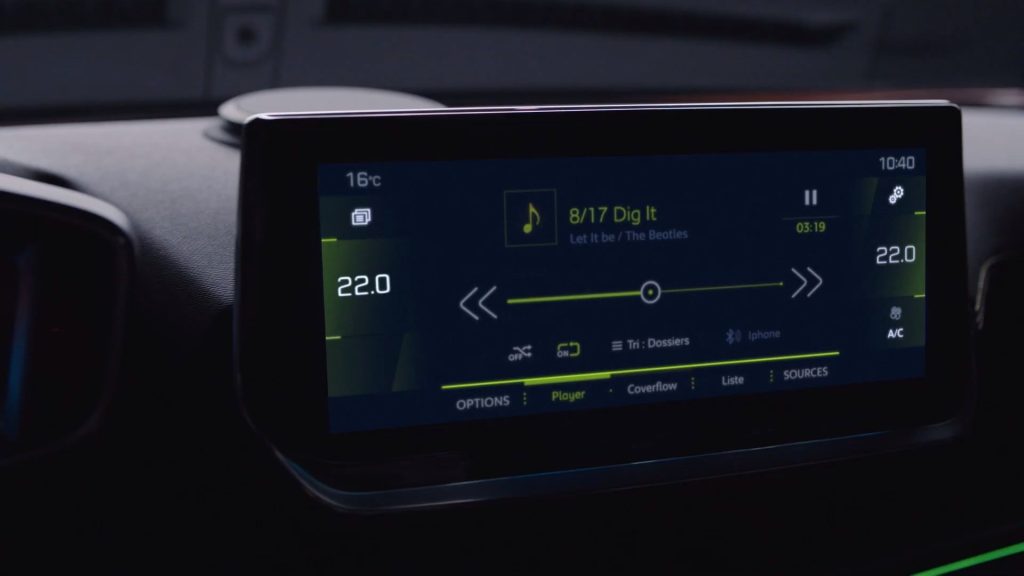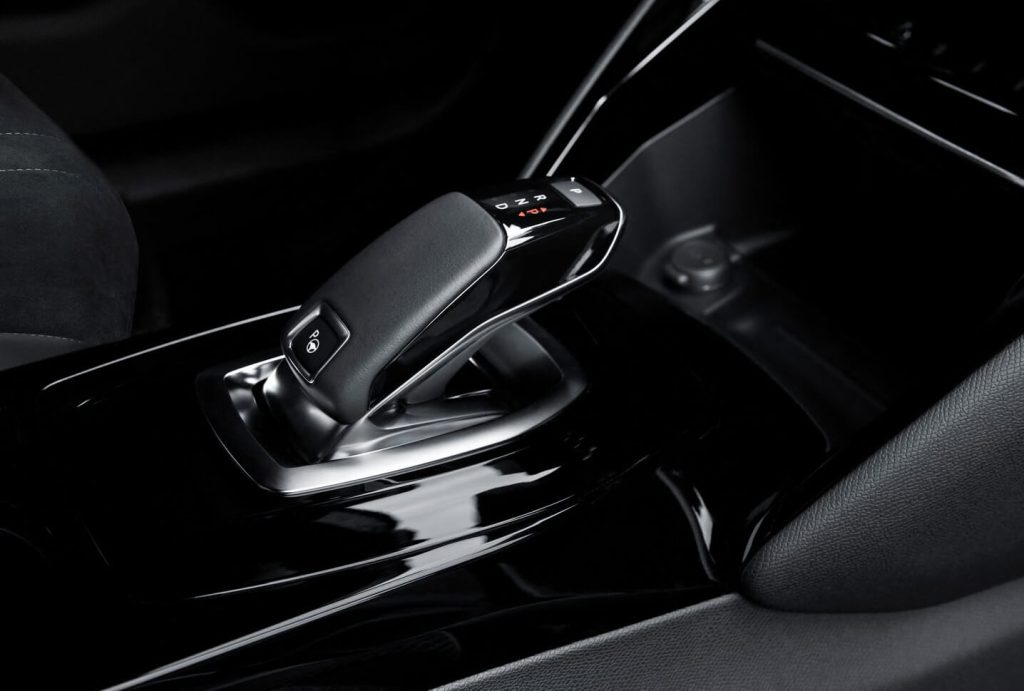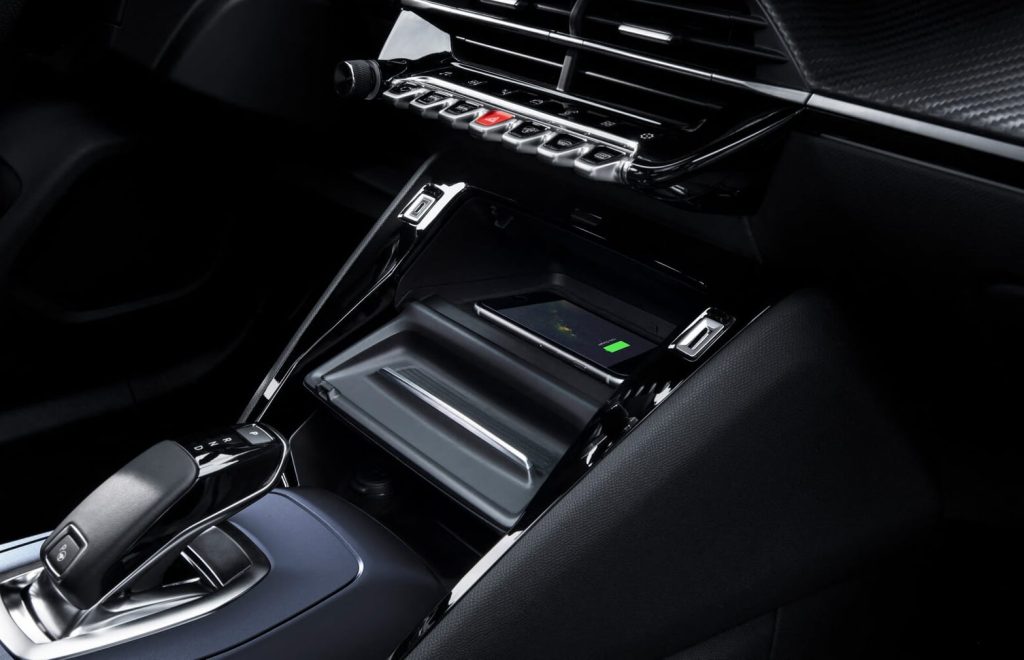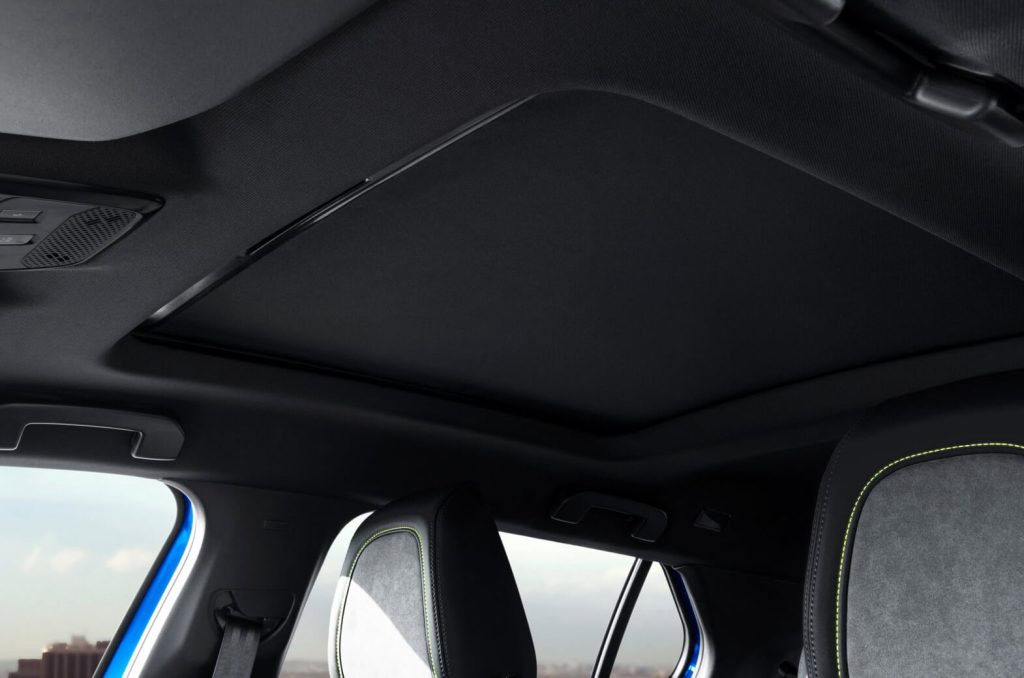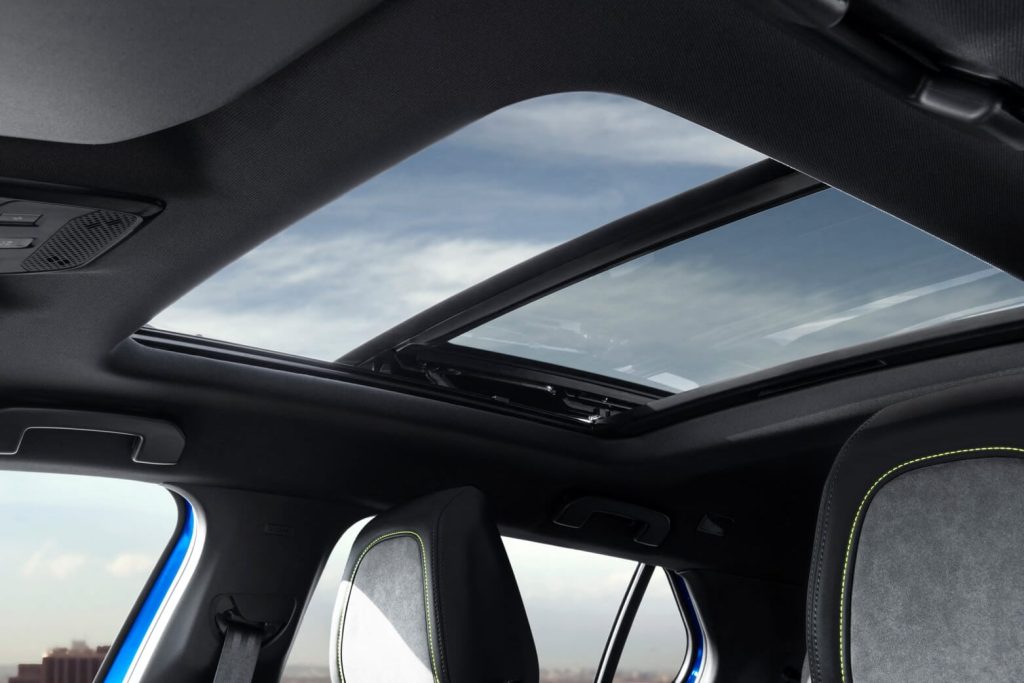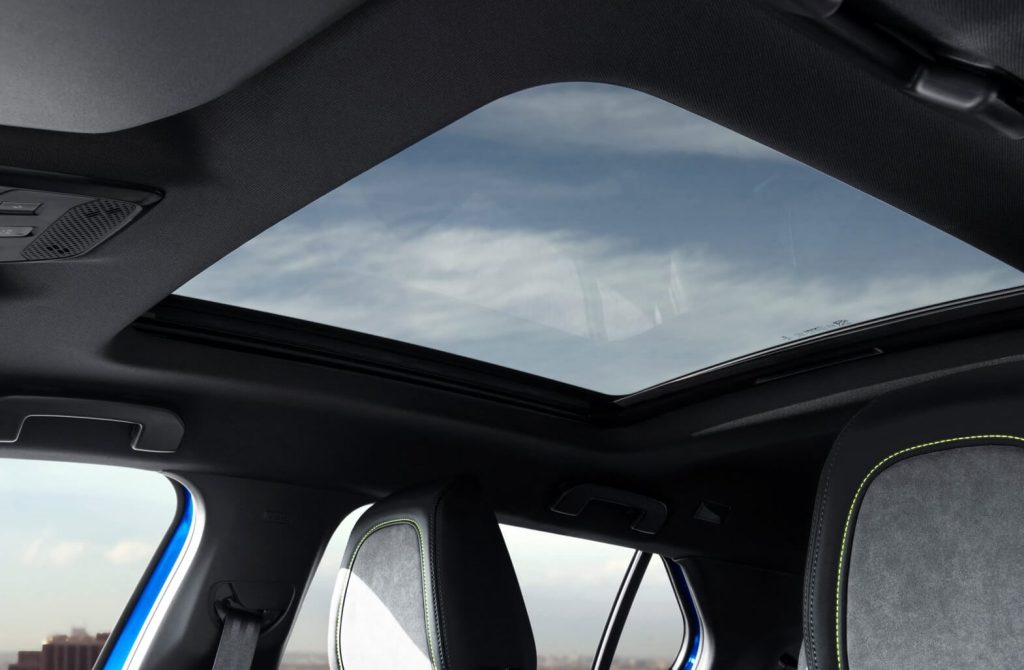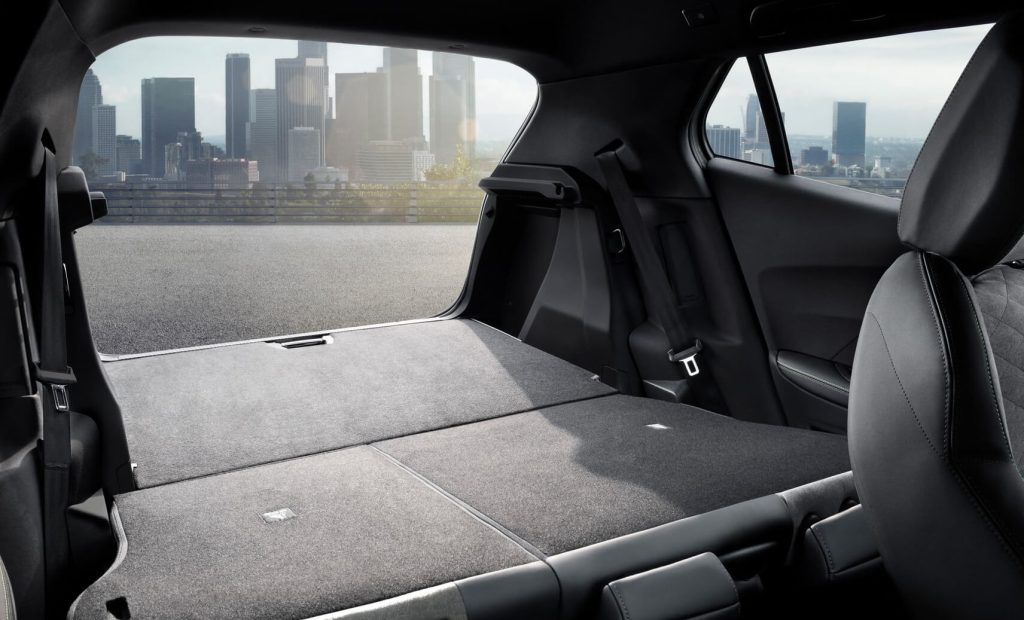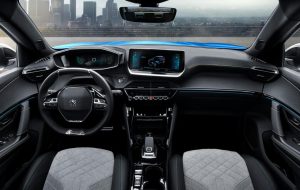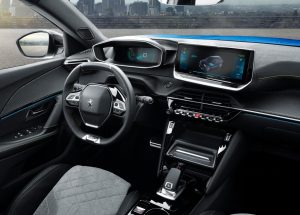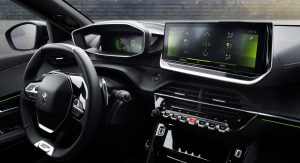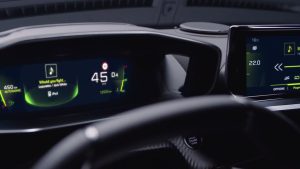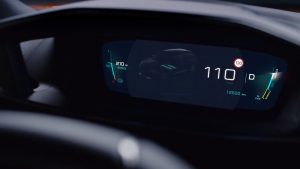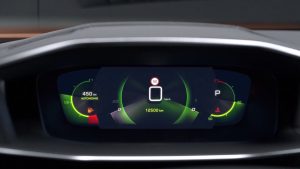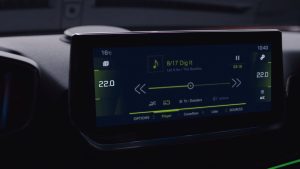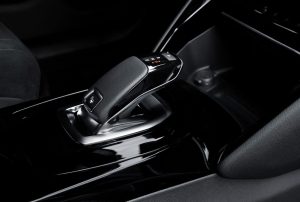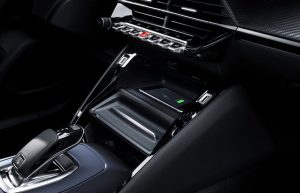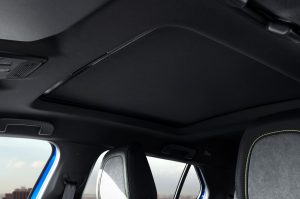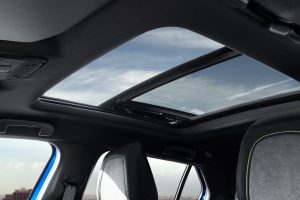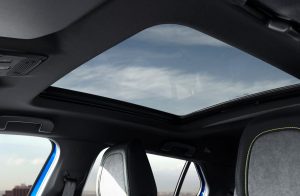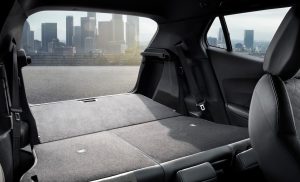Peugeot e-2008 SUV
The Peugeot e-2008 SUV is an all-electric SUV produced by the French automaker Peugeot. It is based on the same platform as the Peugeot 2008 SUV but is powered entirely by an electric motor and battery system.
The e-2008 SUV is powered by a 50 kWh battery pack and an electric motor that produces 260 Nm of torque. It has a range of up to 255 km on a single charge and can accelerate from 0 to 100 km/h (60 mph) in 8.5 seconds.
The e-2008 SUV also features a modern and spacious interior with a 10-inch touchscreen infotainment system, a digital instrument cluster, and a variety of advanced safety features, including automatic emergency braking, lane-departure warning, and adaptive cruise control.
Overall, the Peugeot e-2008 SUV is a practical and stylish electric SUV that offers a good balance of range, performance, and features. It is a strong competitor in the growing electric SUV market and is expected to be well-received by drivers who value efficiency, comfort, and style.
| Performance | |
| Acceleration 0 – 100 km/h | 8.5 sec |
| Top Speed | 150 km/h |
| Electric Range | 255 km |
| Total Power | 100 kW (136 PS) |
| Total Torque | 260 Nm |
| Drive | Front |
| Battery and Charging | |
| Battery Capacity | 50.0 kWh |
| Battery Useable | 45.0 kWh |
| Europe | |
| Charge Port | Type 2 |
| Port Location | Left Side – Rear |
| Charge Power | 7.4 kW AC |
| Charge Time (0->255 km) | 7h15m |
| Charge Speed | 36 km/h |
| Fastcharge Port | CCS |
| FC Port Location | Left Side – Rear |
| Fastcharge Power (max) | 101 kW DC |
| Fastcharge Time (26->204 km) | 26 min |
| Fastcharge Speed | 410 km/h |
| Click here for all charging information | |
| Energy Consumption | |
| EVDB Real Range | |
| Range | 255 km |
| Vehicle Consumption | 176 Wh/km |
| CO2 Emissions | 0 g/km |
| Vehicle Fuel Equivalent | 2.0 l/100km |
| WLTP Ratings (TEL) | |
| Range | 342 km |
| Rated Consumption | 157 Wh/km |
| Vehicle Consumption | 132 Wh/km |
| CO2 Emissions | 0 g/km |
| Rated Fuel Equivalent | 1.8 l/100km |
| Vehicle Fuel Equivalent | 1.5 l/100km |
| WLTP Ratings (TEH) | |
| Range | 330 km |
| Rated Consumption | 161 Wh/km |
| Vehicle Consumption | 136 Wh/km |
| CO2 Emissions | 0 g/km |
| Rated Fuel Equivalent | 1.8 l/100km |
| Vehicle Fuel Equivalent | 1.5 l/100km |
| TEL = Test Energy Low | TEH = Test Energy High | |
|
Rated = official figures as published by manufacturer. Rated consumption and fuel equivalency figures include charging losses.
|
|
|
Vehicle = calculated battery energy consumption used by the vehicle for propulsion and on-board systems.
|
|
| Real Energy Consumption Estimation | |
| between 117 – 250 Wh/km | |
| City – Cold Weather * | 176 Wh/km |
| Highway – Cold Weather * | 250 Wh/km |
| Combined – Cold Weather * | 209 Wh/km |
| City – Mild Weather * | 117 Wh/km |
| Highway – Mild Weather * | 196 Wh/km |
| Combined – Mild Weather * | 155 Wh/km |
| Energy use for each trip will vary considerably depending on the driver and the conditions. Therefore, we have provided a range of estimates which can be useful in developing an understanding of the potential benefits of this technology. | |
| Dimensions and Weight | |
| Length | 4300 mm |
| Width | 1770 mm |
| Width with mirrors | 1987 mm |
| Height | 1530 mm |
| Wheelbase | 2605 mm |
| Weight Unladen (EU) | 1623 kg |
| Gross Vehicle Weight (GVWR) | 2030 kg |
| Max. Payload | 482 kg |
| Cargo Volume | 434 L |
| Cargo Volume Max | 1467 L |
| Cargo Volume Frunk | 0 L |
| Roof Load | 0 kg |
| Tow Hitch Possible | No |
| Towing Weight Unbraked | 0 kg |
| Towing Weight Braked | 0 kg |
| Vertical Load Max | 0 kg |
| Miscellaneous | |
| Seats | 5 people |
| Isofix | Yes, 2 seats |
| Turning Circle | 10.4 m |
| Platform | PSA eCMP |
| Car Body | SUV |
| Segment | JB – Small |
| Roof Rails | Yes |
| EV Dedicated Platform | No |
Home And Destination Charging (0 -> 100%)
A public charging station is required to use the highest possible charging rate. The EVSE/charging station’s charging capacity affects how long it takes to fully charge the battery. The table below shows all possible options for fully charging the Peugeot e-2008 SUV
In Europe, plugging an electric car into an outlet is often as easy as plugging it into a household outlet, but there are differences from country to country. The table below shows the different ways to charge the Peugeot e-2008 SUV , but in some countries some chargers may not be available.
Type 2 (Mennekes – IEC 62196)
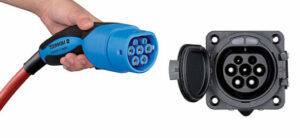
| Charging Point | Max. Power | Power | Time | Rate |
| Standard 7.4 kW On-Board Charger | ||||
| Wall Plug (2.3 kW) | 230V / 1x10A | 2.3 kW | 23h15m | 11 km/h |
| 1-phase 16A (3.7 kW) | 230V / 1x16A | 3.7 kW | 14h30m | 18 km/h |
| 1-phase 32A (7.4 kW) | 230V / 1x32A | 7.4 kW | 7h15m | 35 km/h |
| 3-phase 16A (11 kW) | 230V / 1x16A | 3.7 kW | 14h30m | 18 km/h |
| 3-phase 32A (22 kW) | 230V / 1x32A | 7.4 kW | 7h15m | 35 km/h |
| Optional 11.0kW On-Board Charger | ||||
| Wall Plug (2.3 kW) | 230V / 1x10A | 2.3 kW | 23h15m | 11 km/h |
| 1-phase 16A (3.7 kW) | 230V / 1x16A | 3.7 kW | 14h30m | 18 km/h |
| 1-phase 32A (7.4 kW) | 230V / 1x32A | 7.4 kW | 7h15m | 35 km/h |
| 3-phase 16A (11 kW) | 400V / 3x16A | 11 kW | 5 hours | 51 km/h |
| 3-phase 32A (22 kW) | 400V / 3x16A | 11 kW | 5 hours | 51 km/h |
Fast Charging (10 -> 80%)
If you want to enjoy driving an electric car, one of the most important features to consider is the number of miles per hour the car can travel while charged. This is called the “range” of the car. All electric cars have a certain range, even if they are 100% charged. This is because they do not have an internal combustion engine to lean on if you need to drive a long distance.
Max. Power: The maximum power provided by the charging point
Avg. Power: The average power provided by the charging point during a session of 10% to 80%.
Time: the time it takes to charge from 10% to 80%
Speed: the average charging rate during the session of 10% to 80%
Combined Charging System (CCS Combo 2)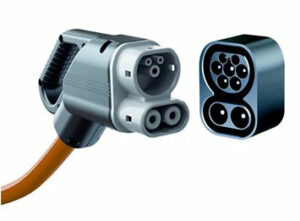
| Charging Point | Max. Power | Avg. Power | Time | Rate |
| CCS (50 kW DC) | 50 kW | 40 kW | 50 min | 210 km/h |
| CCS (100 kW DC) | 100 kW | 75 kW | 27 min | 390 km/h |
| CCS (150 kW DC) | 101 kW | 78 kW | 26 min | 410 km/h |
| Brand | Peugeot |
| Model | e-2008 SUV |
| Body Style | SUV |
| Car Engine | electric |
| Motor power | 100 |
| Maximum Torque, Nm | 260 |
| Battery Energy, kWh | 50.0 |
| Power reserve (NEDC/EPA/WLTP), km | - / - / 255 |
| Level Charging (230/400/DC), hours | 7.15 / 5.0 / 0.26 |
| Electrical Acceleration, 0-100 km/h (0-62.1 mph) in sec | 8.5 |
| Top Speed, km/h | 150 |
